Meta passes PyTorch ownership to Linux Foundation in a bid to improve transparency
The widely-used framework will also fall under a newly-formed PyTorch Foundation, with a governing board composed of tech giants such as Google Cloud and Microsoft
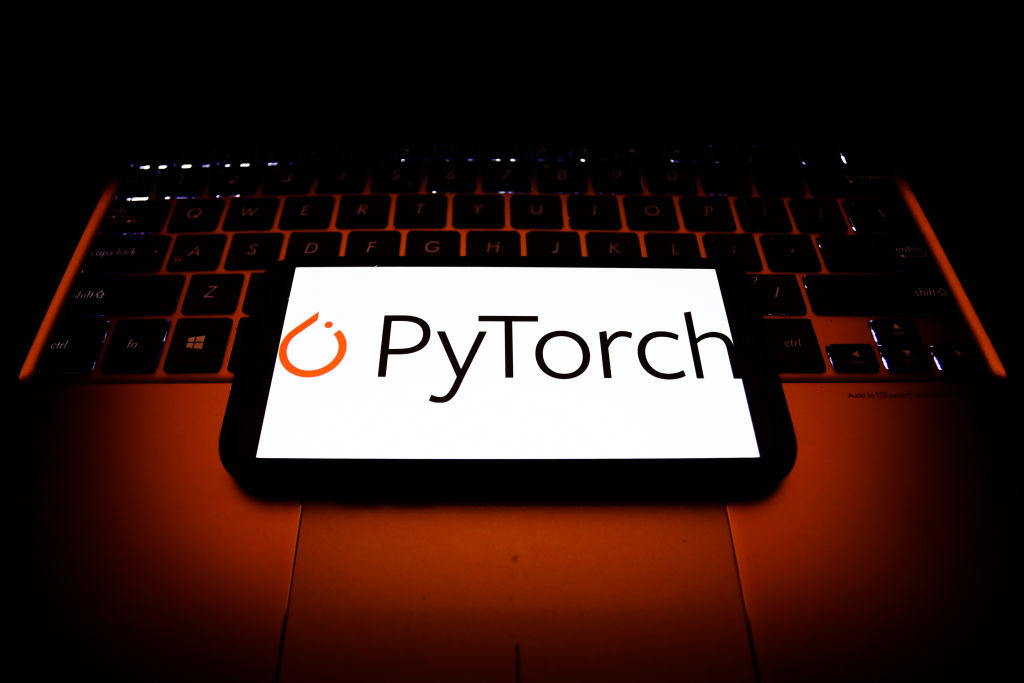

Meta has announced that PyTorch, its open source framework for machine learning, will become part of the Linux Foundation and reorganise under a new PyTorch Foundation.
The move, which comes after six years of Meta (formerly Facebook) control over PyTorch, comes as part of a move to emphasise the neutrality of PyTorch, which has become a key tool for use in the development of artificial intelligence (AI) and the acceleration of deep learning.
Since its launch in 2016, over 18,000 organisations have utilised Pytorch for machine learning (ML) in production environments, as well as to lead research throughout academia. Notable examples of PyTorch in real-world use include Tesla’s autopilot system, as well as the popular Python library Hugging Face Transformers, which provides users with pre-trained models for speech, text, and image recognition.
“The creation of the PyTorch Foundation ensures that decisions will be made in a transparent and open manner by a diverse group of board members for many years to come,” Meta stated in a blog post.
The Linux Foundation is a worldwide non-profit consortium for the tech sector, aiming to foster the development and curation of open source software. On its website, the foundation states that its goal is to “democratize code and scale adoption, for all projects equally,” and “strive to create new technology categories by identifying new trends and accelerating the growth of nascent technologies by removing barriers to adoption.”
Dr Ibrahim Haddad, vice president of strategic programs at the Linux Foundation, will serve as the PyTorch Foundation’s executive director, and the PyTorch Foundation’s governing board is expected to include a range of representatives from the tech sector. Founding members AMD, Amazon Web Services (AWS), Google Cloud, Meta, Microsoft Azure and NVIDIA were named in the announcement.
In May, the Linux Foundation announced its ‘World of Open Source’ research series, with the intention of furthering understanding of the scale of open source on the international, public sector stage, as well as surveying the overall state of open source within Europe. The results of the survey are expected to be announced at the Open Source Summit Europe, currently being held in Dublin.
Get the ITPro daily newsletter
Sign up today and you will receive a free copy of our Future Focus 2025 report - the leading guidance on AI, cybersecurity and other IT challenges as per 700+ senior executives
Meta announced a partnership with AWS last year with the aim of expanding its AI offerings, and improving the ML models used to train Pytorch. Together, the companies aim to provide firms with the training and deployment of deep learning models at scale, such as large language models and automatic handwriting recognition.
RELATED RESOURCE

The COO's pocket guide to enterprise-wide intelligent automation
Automating more cross-enterprise and expert work for a better value stream for customers
“Growth around AI/ML and Deep Learning has been nothing short of extraordinary—and the community embrace of PyTorch has led to it becoming one of the five-fastest growing open source software projects in the world,” said Jim Zemlin, executive director for the Linux Foundation.
“Bringing PyTorch to the Linux Foundation where its global community will continue to thrive is a true honor. We are grateful to the team at Meta—where PyTorch was incubated and grown into a massive ecosystem—for trusting the Linux Foundation with this crucial effort.”

Rory Bathgate is Features and Multimedia Editor at ITPro, overseeing all in-depth content and case studies. He can also be found co-hosting the ITPro Podcast with Jane McCallion, swapping a keyboard for a microphone to discuss the latest learnings with thought leaders from across the tech sector.
In his free time, Rory enjoys photography, video editing, and good science fiction. After graduating from the University of Kent with a BA in English and American Literature, Rory undertook an MA in Eighteenth-Century Studies at King’s College London. He joined ITPro in 2022 as a graduate, following four years in student journalism. You can contact Rory at rory.bathgate@futurenet.com or on LinkedIn.
-
 Bigger salaries, more burnout: Is the CISO role in crisis?
Bigger salaries, more burnout: Is the CISO role in crisis?In-depth CISOs are more stressed than ever before – but why is this and what can be done?
By Kate O'Flaherty Published
-
 Cheap cyber crime kits can be bought on the dark web for less than $25
Cheap cyber crime kits can be bought on the dark web for less than $25News Research from NordVPN shows phishing kits are now widely available on the dark web and via messaging apps like Telegram, and are often selling for less than $25.
By Emma Woollacott Published
-
 Future focus 2025: Technologies, trends, and transformation
Future focus 2025: Technologies, trends, and transformationWhitepaper Actionable insight for IT decision-makers to drive business success today and tomorrow
By ITPro Published
-
 Choosing the Best RMM Solution for Your MSP Business
Choosing the Best RMM Solution for Your MSP BusinessWhitepaper Discover a powerful technology platform that empowers Managed Services Providers (MSPs)
By ITPro Last updated
-
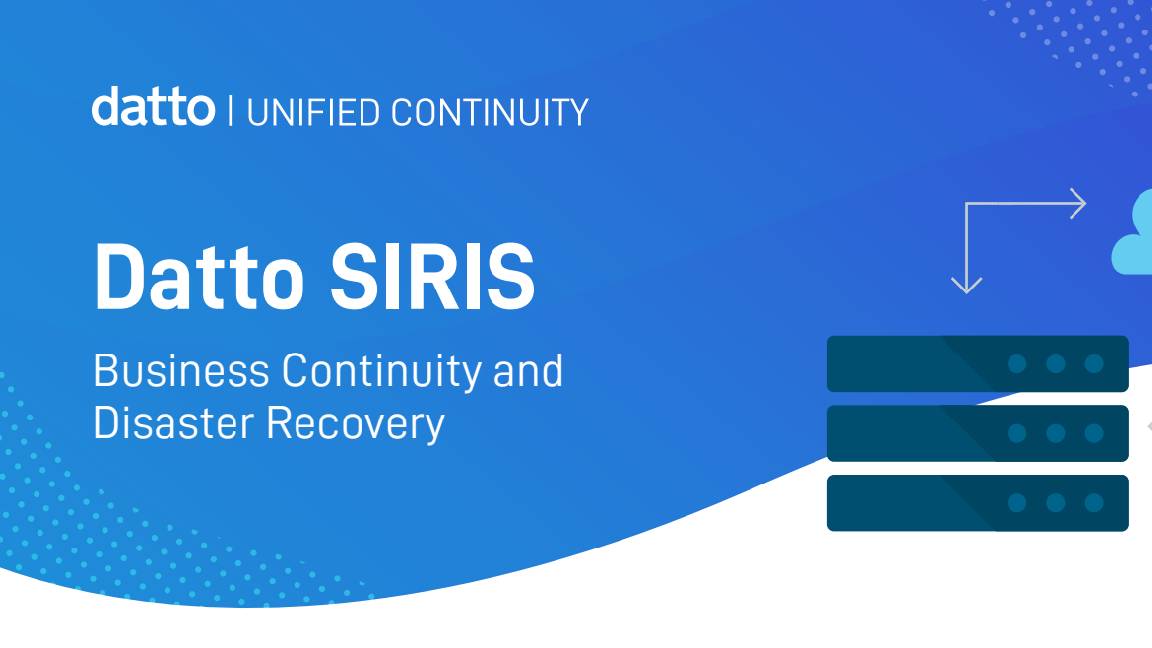 Datto SIRIS business continuity and disaster recovery
Datto SIRIS business continuity and disaster recoveryWhitepaper Save time without cutting corners
By ITPro Published
-
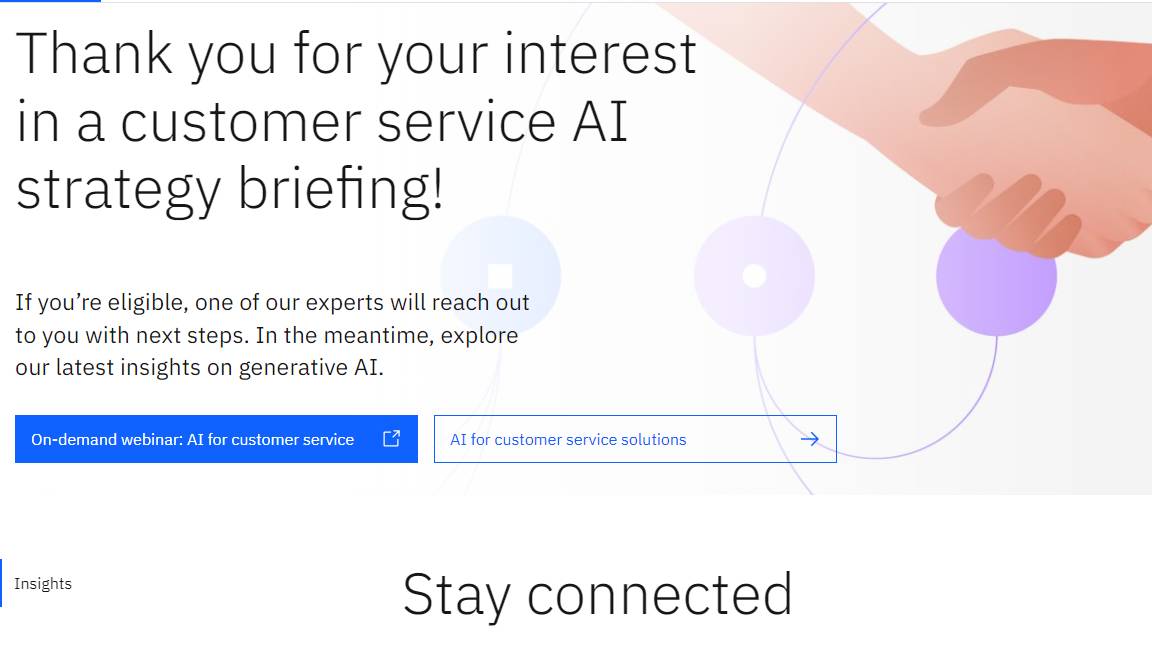 Consulting client briefing
Consulting client briefingwhitepaper Jump ahead of your competitors with generative AI
By ITPro Published
-
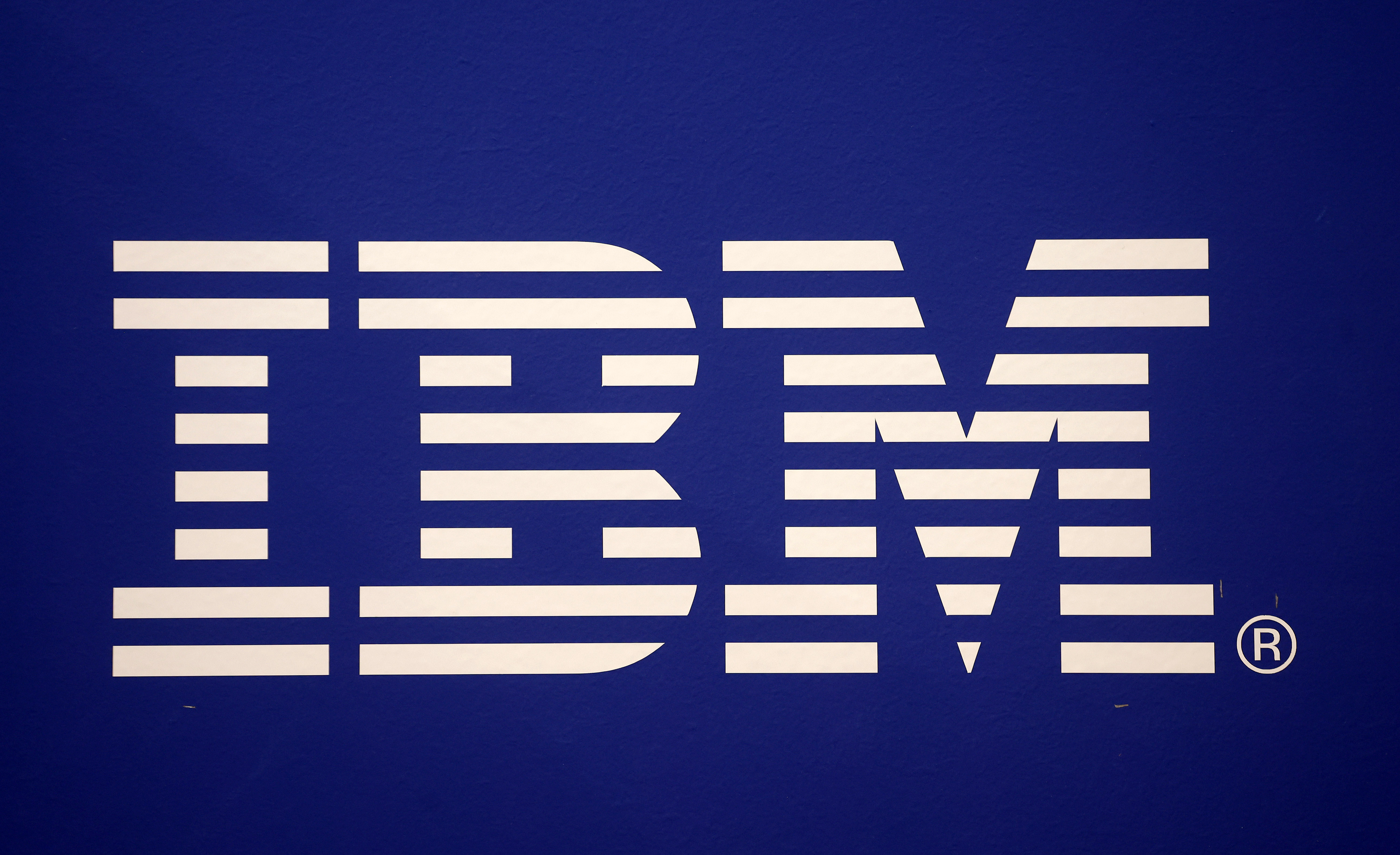 IDC MarketScape: Worldwide application modernization services 2023 vendor assessment
IDC MarketScape: Worldwide application modernization services 2023 vendor assessmentwhitepaper Unlock the business value of digital
By ITPro Published
-
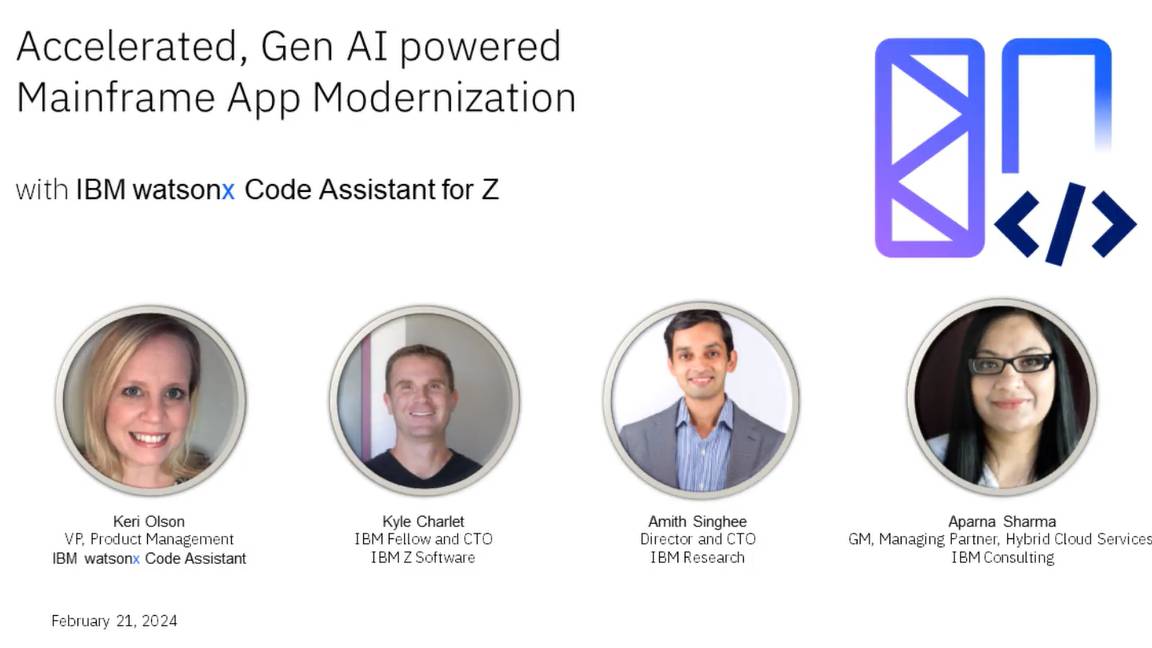 IBM watsonx code assistant for Z brings generative AI to mainframe application modernization
IBM watsonx code assistant for Z brings generative AI to mainframe application modernizationwhitepaper Modernize mainframe applications and adopt a hybrid cloud strategy
By ITPro Published
-
 CEOs guide to generative AI-finance
CEOs guide to generative AI-financewhitepaper Adopt a new approach to financial management that leverages the power of generative AI
By ITPro Published
-
 The revolutionary content supply chain
The revolutionary content supply chainwhitepaper How generative AI supercharges creativity and productivity
By ITPro Published